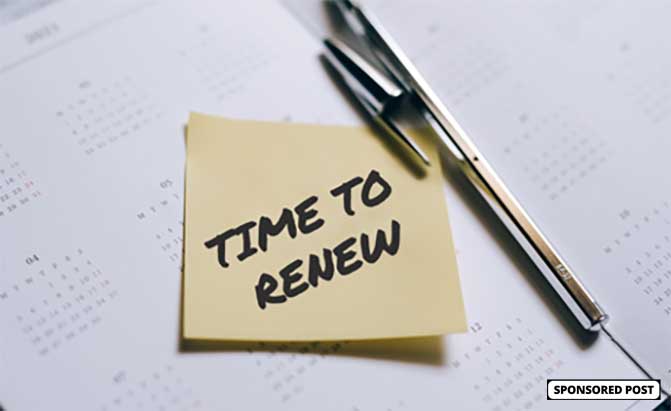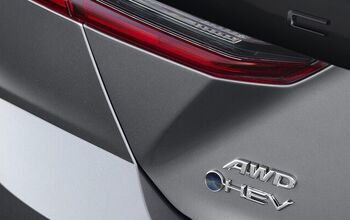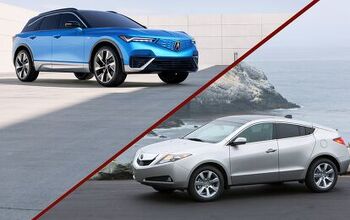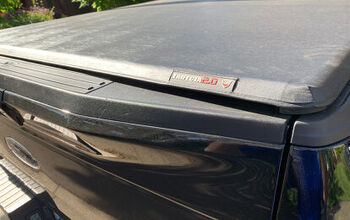Your Insurance Renewal Questions-Answered!
Do you tend to stay on cruise control when it comes to renewing your auto insurance? You could be leaving money on the table if you aren’t taking the time to shop around for the best rates and coverage tailored to your needs.
We’ve answered some of the most pressing questions out there to help you find a policy that you feel is right for you.
Why do I need to review my insurance, anyway?
The right coverage is more than just the one that saves you the most money, and auto insurance is about more than just the car you drive. Marriage, commute time, employment type, additional drivers, and your collective assets all play a role in determining how much you pay and how much you save.
Not all auto insurance policies are created equal. Every policy is made up of multiple types of coverage that provide protection in different situations. When certain changes take place in your life—like adding a newly-licensed teenager to your policy—you want to make sure your policy reflects your new circumstances.
Since most policies are written for just six months, you have two recognizable opportunities a year to reevaluate how much you’re paying and what changes you might need to make. It is also possible to switch before your current policy expires but be sure to find out if you might have to pay any cancellation fees. You’ll also want to know if you’re eligible for a prorated refund.
And just to make sure there are no complications, if you are looking to change carriers after a recent accident or traffic violation, the claim or violation might not be on the reports yet. This means you may save money initially on renewal, but your premium might increase upon renewal of a new policy since that record will appear as a new claim/violation.
What information should I have on hand?
When shopping around or speaking with an agent, you’ll want to have the following information close by:
- Vehicle information (including your VIN)
- Driving history (including any tickets or accidents)
- Personal information (*SSN requirement varies by carrier and state)
- Your current insurer’s name
What are the types of coverage I should consider?
- Liability – A required coverage in most states, liability insurance covers the damage and/or injuries you cause to the other driver/vehicle if you are at fault.
- Personal Injury Protection – Also known as no-fault insurance. This helps with medical payments regardless of who is at fault. Personal injury protection coverage can also assist in recovery of lost wages, medical coverage does not. Requirements for coverage vary from state to state.
- Uninsured/Underinsured Motorist Coverage – This will pay for damage to your car in the event of an accident with a driver who is un- or under-insured.
- Comprehensive – This coverage protects your vehicle against damage that is not the result of a collision, like vandalism, theft, hail damage, etc.
- Medical Payments – This may help pay medical costs resulting from an accident for you and everyone in your vehicle at the time of the collision regardless of who caused the accident. It is optional and may not be available in all states.
- Collision Insurance – Collision coverage provides coverage when damage occurs to your car while moving, parked or struck by another vehicle.
- Add-ons – Some Insurance products such as Toyota Auto Insurance enable you to further customize your policy to better meet your needs with:
Genuine Toyota Parts replacement – to increase the operational life of the vehicle and make sure it’s returned to factory specifications when being repaired after an accidentRideshare endorsement – if you’re planning to enter the rideshare side hustle gamePet Coverage – in case your four-legged friend is a passenger during an auto accidentRoadside assistance – When you need help with a flat tire or other vehicle emergency. This can be complimentary if you recently bought a new Toyota that comes with ToyotaCareRental reimbursement – Helps cover the cost of a rental vehicle if your car is being repaired due to accident damage or another covered event
Put together, this collection of coverages can help protect you, your vehicle, your financial well-being, any passengers, and provide peace of mind.
What are the next steps?
Now that you’ve gathered the information and are familiar with what coverage might interest you, it’s time to evaluate your options. If you’re unsure about a specific company, you can visit your state’s insurance department website, where you’ll be able to check the company’s reliability rating.
A convenient way to start looking for lower rates is to select an independent agency. Independent agencies, like Toyota Insurance Management Solutions, are licensed and authorized to sell different insurance companies’ products to customers, which means they’ll do the shopping for you! You can also ask your agent about specific discounts for low mileage, good driver history, availability of a multi-policy discount (also called “bundling”), and various safety features on your vehicle.
I’ve heard about Usage-Based Insurance (UBI). What is it, exactly?
Traditional car insurance uses demographic information like age, location, and insurance score to decide how much your premium will be, meaning your rate could reflect where you live instead of how well you drive. Usage-based insurance uses advanced technology in newer vehicles. If you drive a newer Toyota such as a new 2022 Toyota Tundra, you have access to Connected Toyota Car Insurance which can result in immediate discounts for qualified drivers. UBI leverages factors in your driving habits to determine your premium, providing insurance carriers with a more accurate view of your driving.
What do I need to do after I switch?
Once you have purchased your new policy you will need to cancel your old one. YOUR OLD POLICY WILL NOT CANCEL AUTOMATICALLY. Some agencies will facilitate this for you, but do not assume someone else will take care of the cancellation. If you have a car lease or loan, you will also need to let your lender know the details of your updated policy.
Do you have more questions about how to find the right policy for your lifestyle and budget? Contact a Toyota Insurance agent today via phone, 877-249-0086 or get a quote online.
*This is a sponsored article
More by AutoGuide.com News Staff



































Comments
Join the conversation